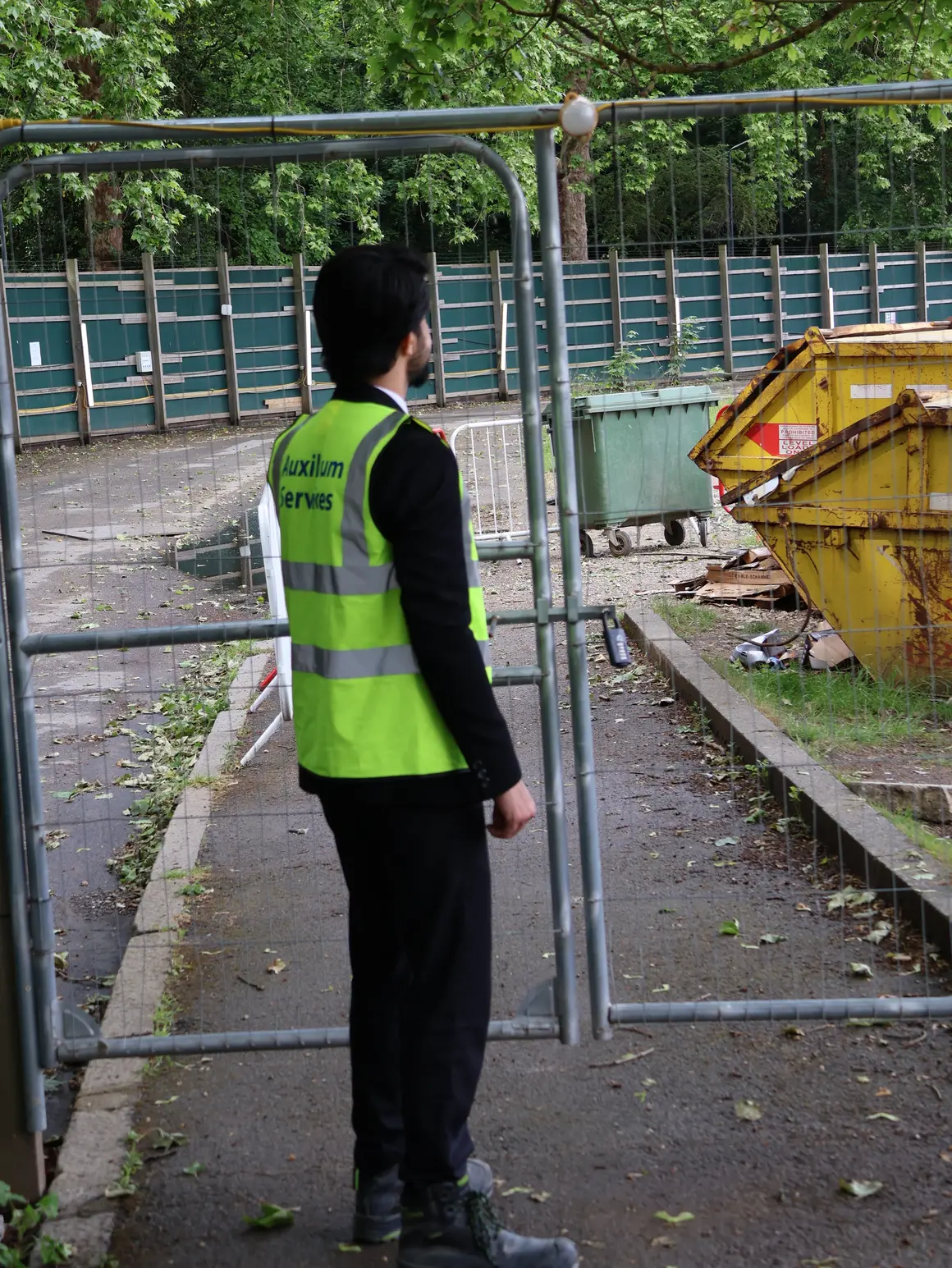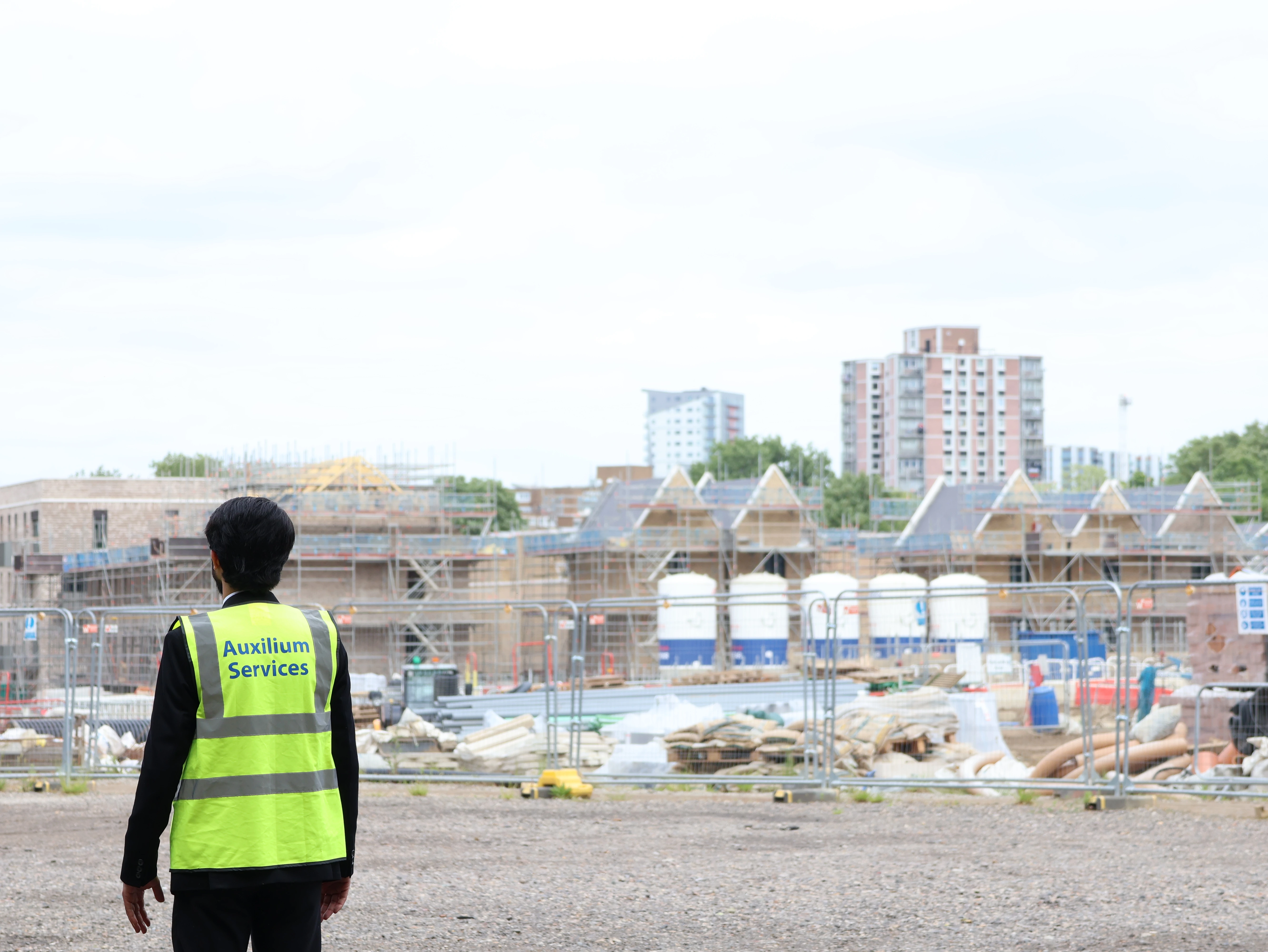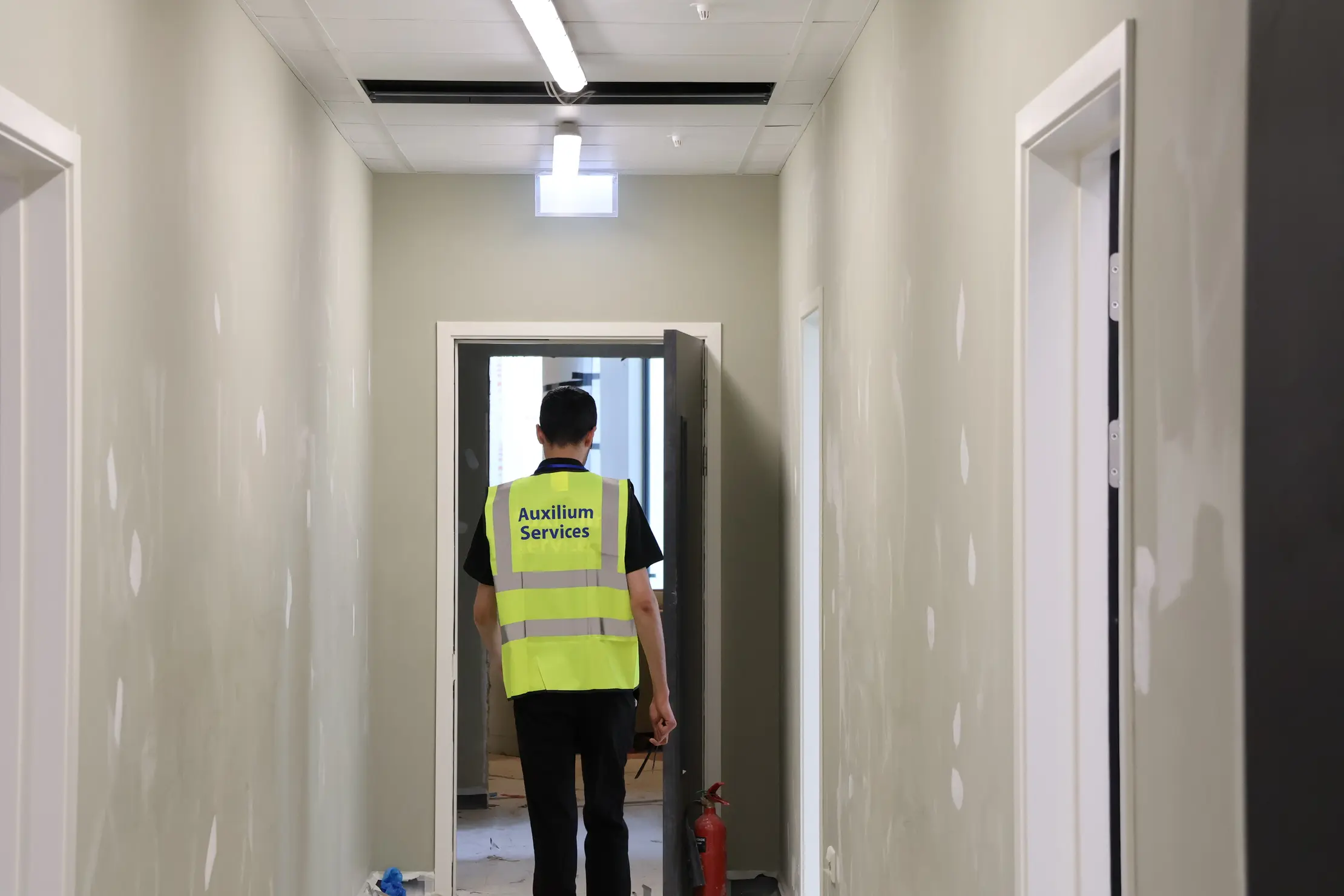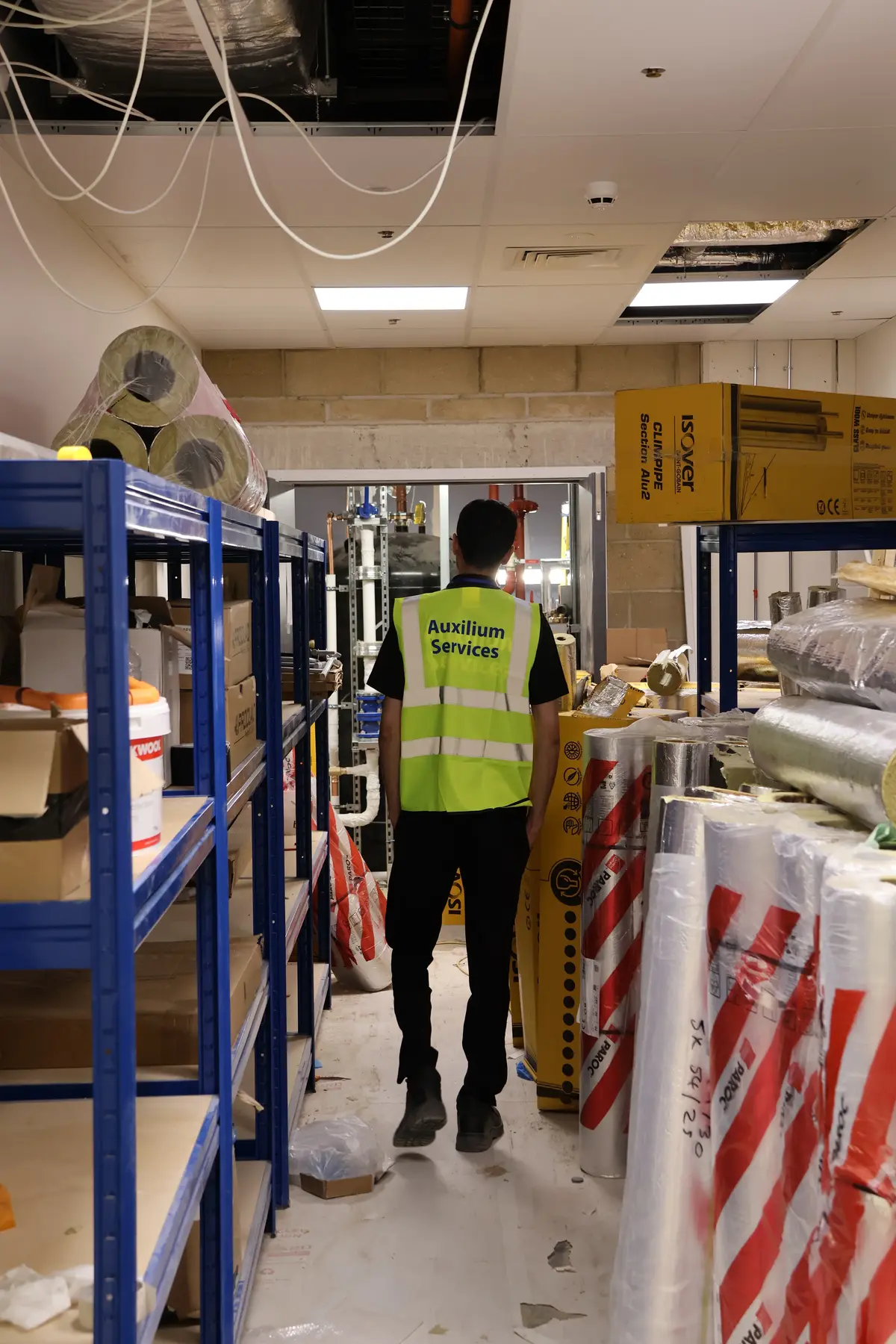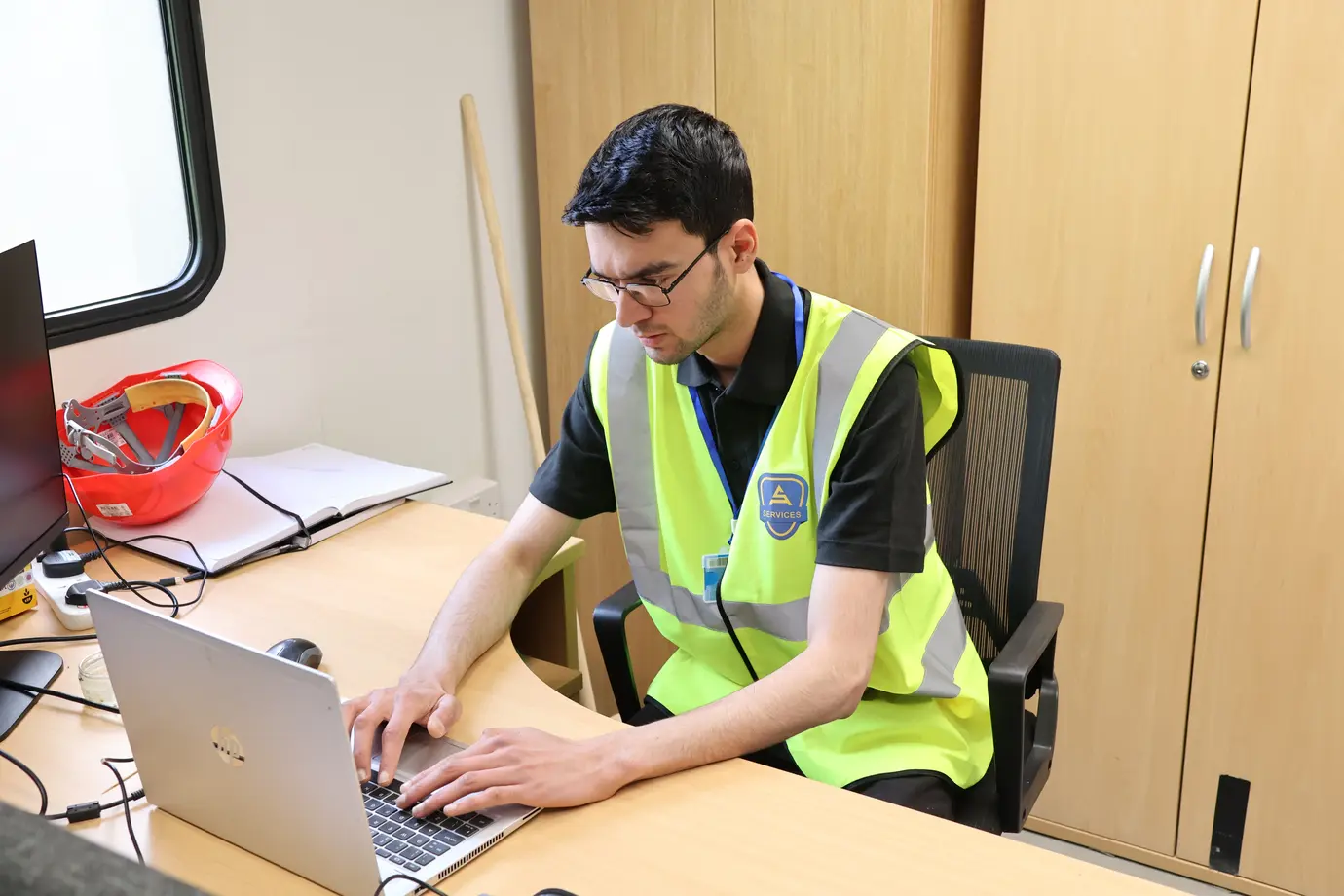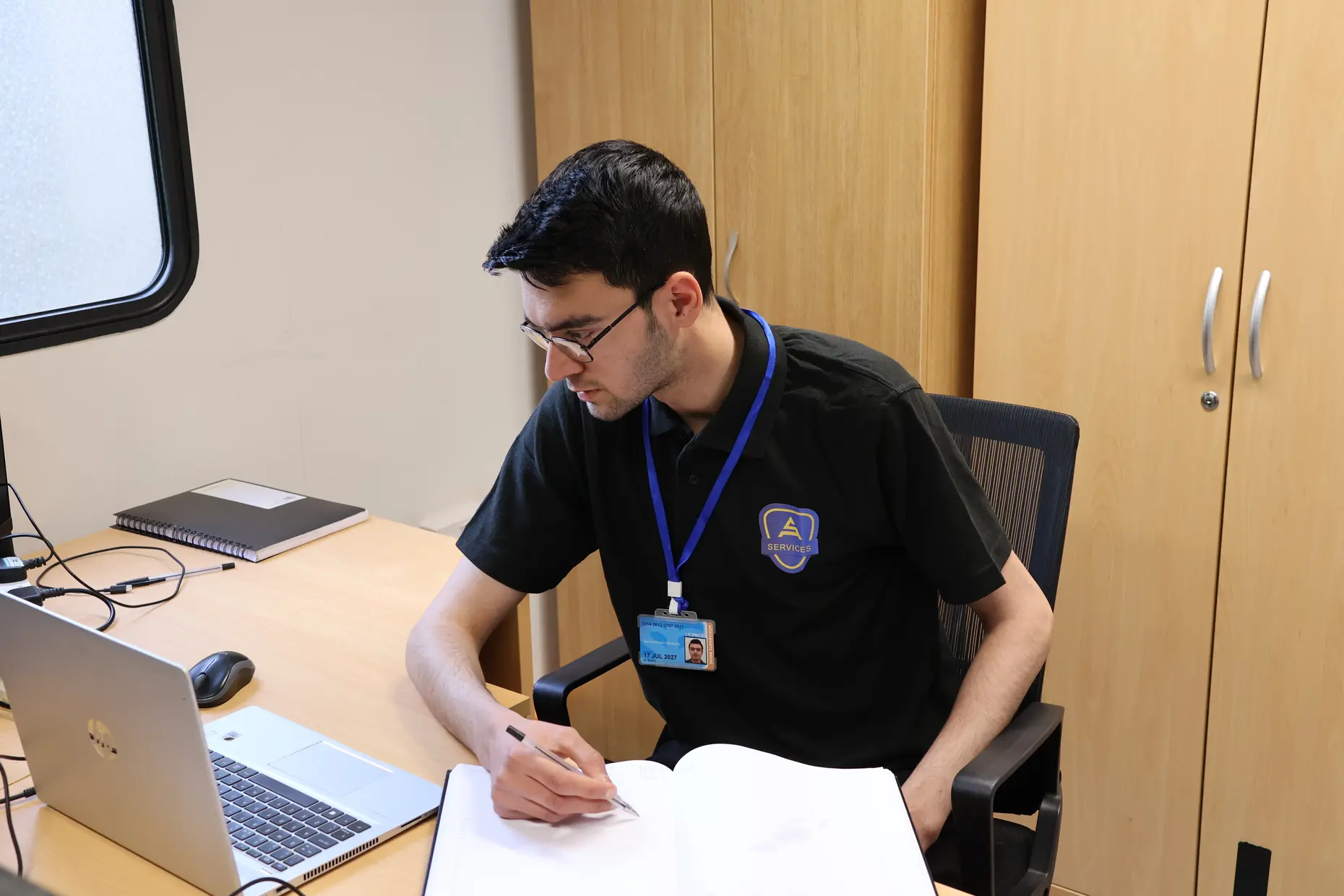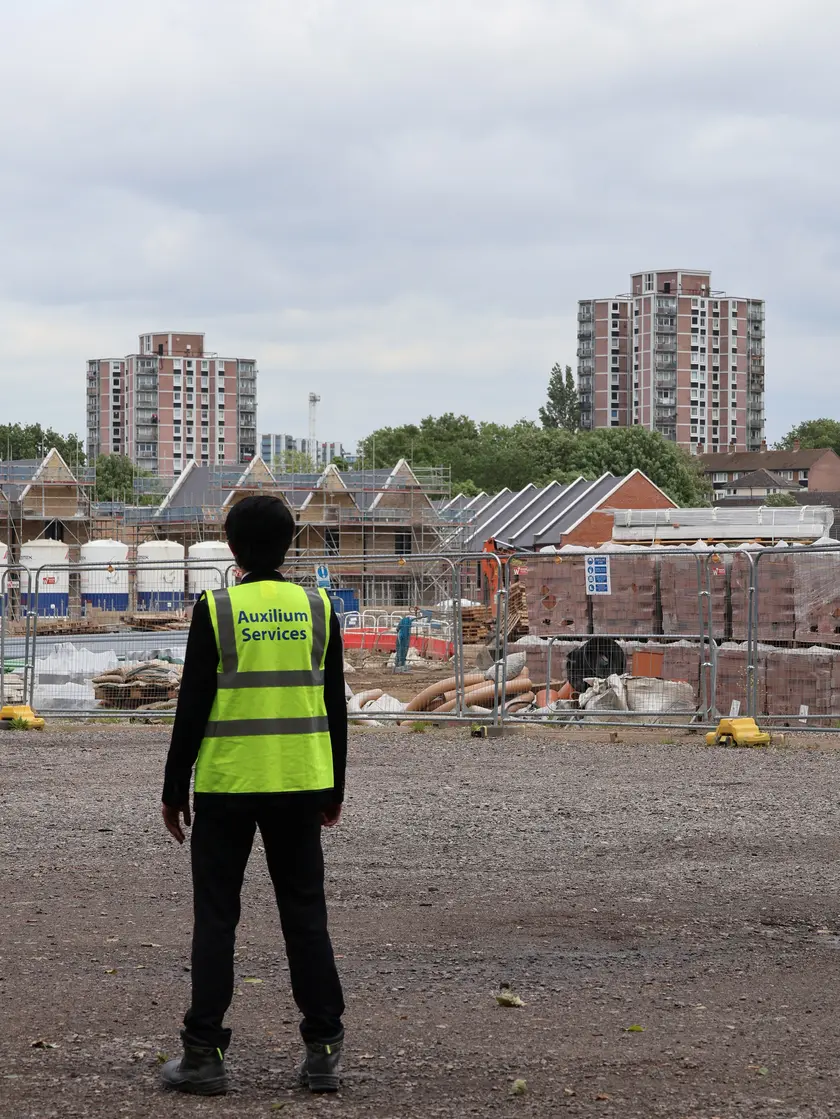The Growing Importance of Hotel Security in the UK
Hotel security is no longer just about locks and CCTV cameras. With growing cyber threats, changing guest expectations, and advanced technology, UK hotels must adapt quickly. A single security breach can damage reputation, impact guest trust, and lead to financial loss. From AI-powered surveillance to biometric access and cybersecurity, modern solutions are transforming hotel safety.
But is the UK hotel industry keeping up? Here, we explore the latest security trends, challenges, and innovations that are shaping the future of hospitality. Continue reading to discover how hotels can stay ahead in an ever-evolving security landscape.
1. AI-Powered Surveillance and Smart Monitoring
Traditional CCTV cameras are no longer enough. AI-driven surveillance systems detect unusual behavior, recognize faces, and alert security teams in real-time.
- Identifies unauthorized access to restricted areas
- Detects suspicious activities before they escalate
- Automates alerts to reduce human error
Many UK hotels now use facial recognition to monitor known threats and prevent fraudulent check-ins. This technology is particularly useful in high-end hotels and urban areas with high foot traffic.
2. Biometric Access Control to Boost Hotel Security
Hotels are replacing traditional keycards with biometric authentication, such as fingerprint and facial recognition technology. This speeds up check-ins and check-outs, improving the guest experience.
In the UK, luxury and business hotels are increasingly adopting mobile keyless entry, allowing guests to access rooms via smartphone apps. This helps eliminate security risks associated with physical keycards.
3. Cybersecurity: Safeguarding Guest Data and Hotel Systems
With an increase in digital check-ins, online bookings, and smart room controls, hotels have become prime targets for cyberattacks. Cybersecurity is now as crucial as physical security.
• Key Cybersecurity Strategies:
Employees learn to recognise potential security threats, from physical dangers like unauthorised visitors to cyber risks like phishing emails.
- End-to-end encryption for guest data and transactions
- Multi-factor authentication for staff login credentials
- Regular security audits to identify and fix vulnerabilities
Hotels must comply with *GDPR* regulations to protect guest data, as breaches can lead to hefty fines and reputational damage.
4. Smart Locks and IoT-Enabled Security Systems
The Internet of Things (IoT) is changing hotel security by enabling real-time control over security devices. Smart locks and IoT-based security systems:
- Allow guests to lock/unlock doors remotely via mobile apps
- Alert hotel management in case of unauthorized room access
- Integrate with other security features like lighting and alarms
5. Automated Emergency Response and Crisis Management
- AI-driven alarm systems that detect threats and alert emergency services instantly
- Automated evacuation protocols that guide guests and staff via smart speakers and digital screens
- Real-time communication tools that notify guests of security alerts through mobile apps
Final Thoughts
As threats evolve, hotels must stay ahead by continuously upgrading their security infrastructure. The future of hospitality depends on a proactive approach, where safety and guest satisfaction go hand in hand.

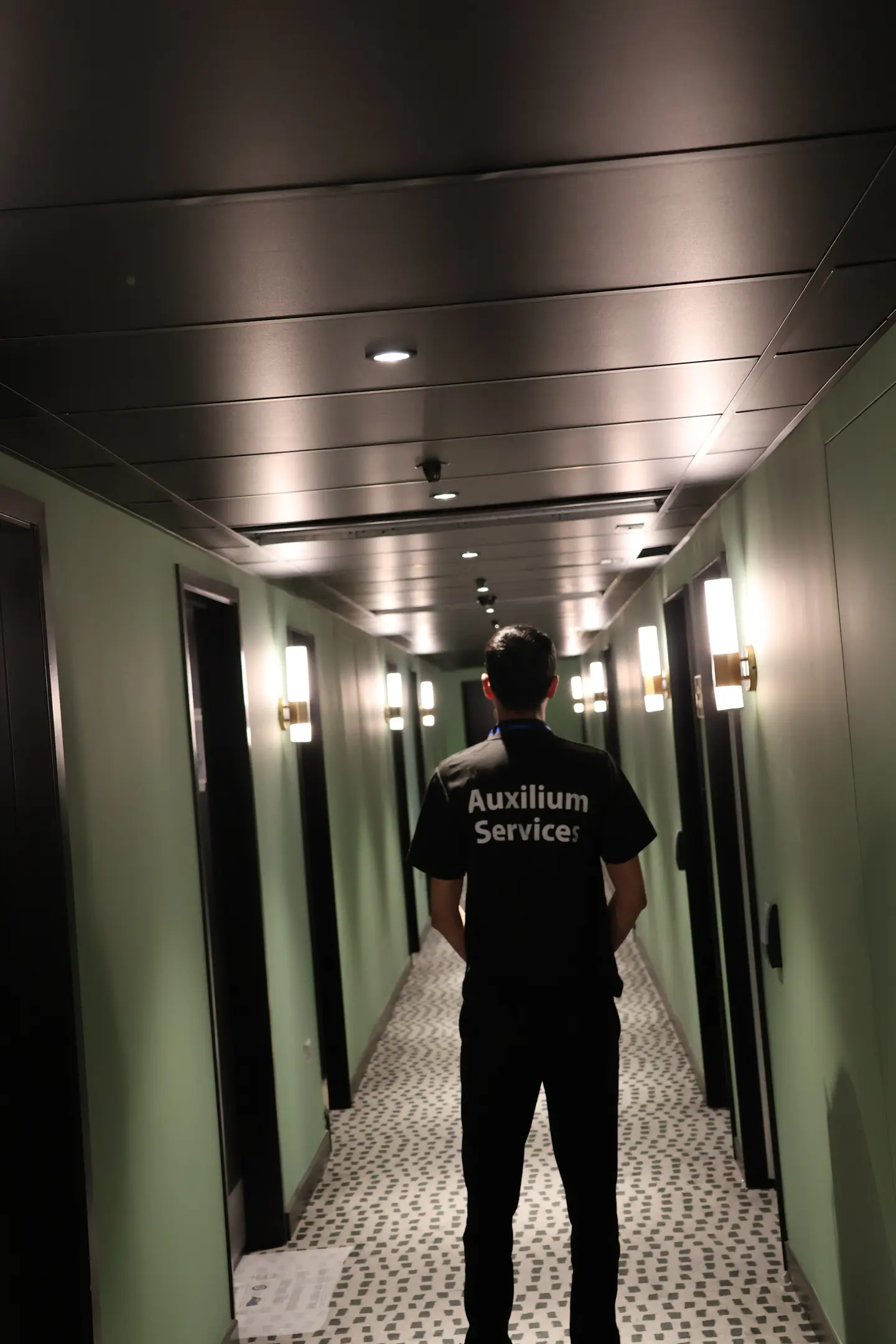

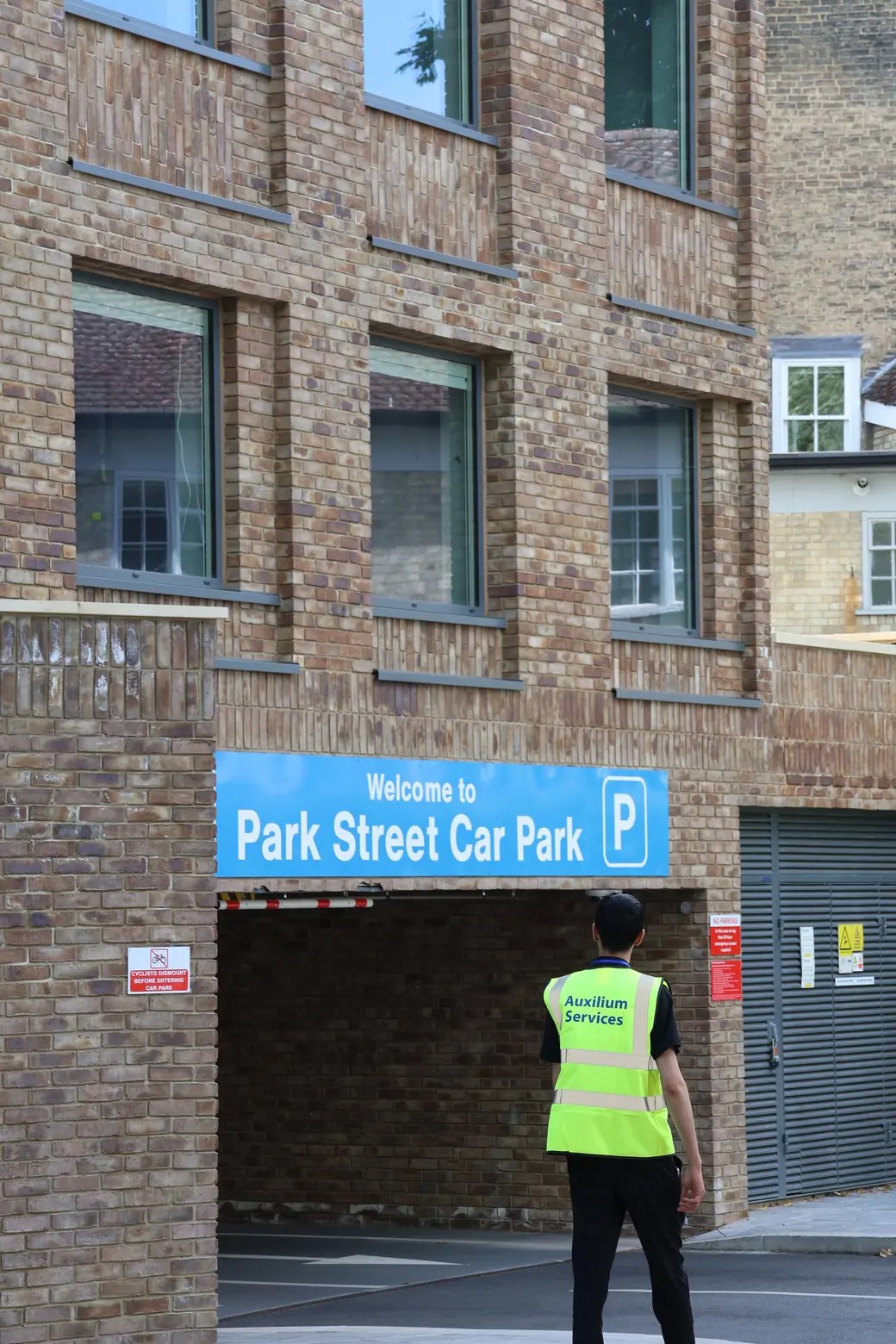
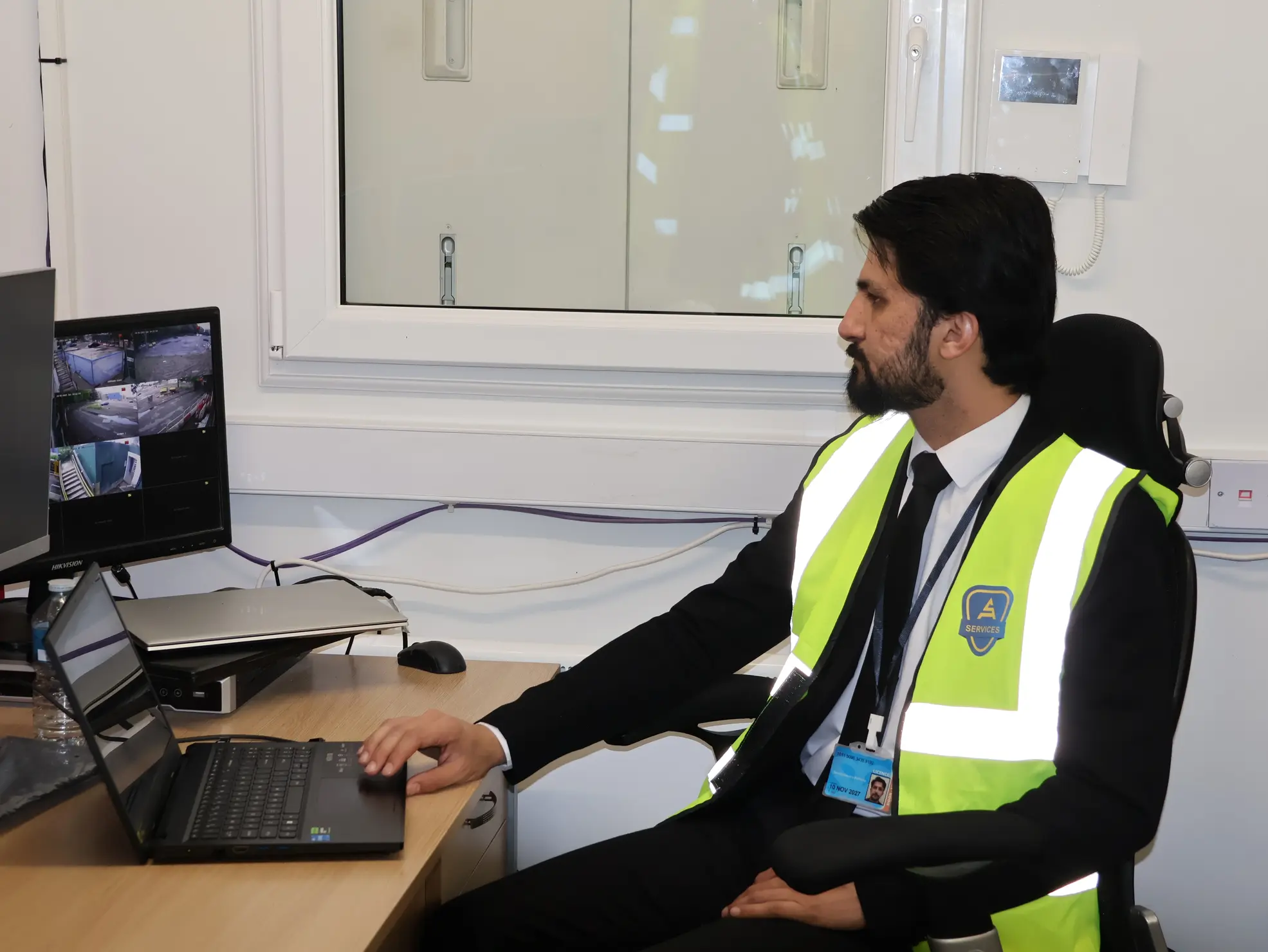
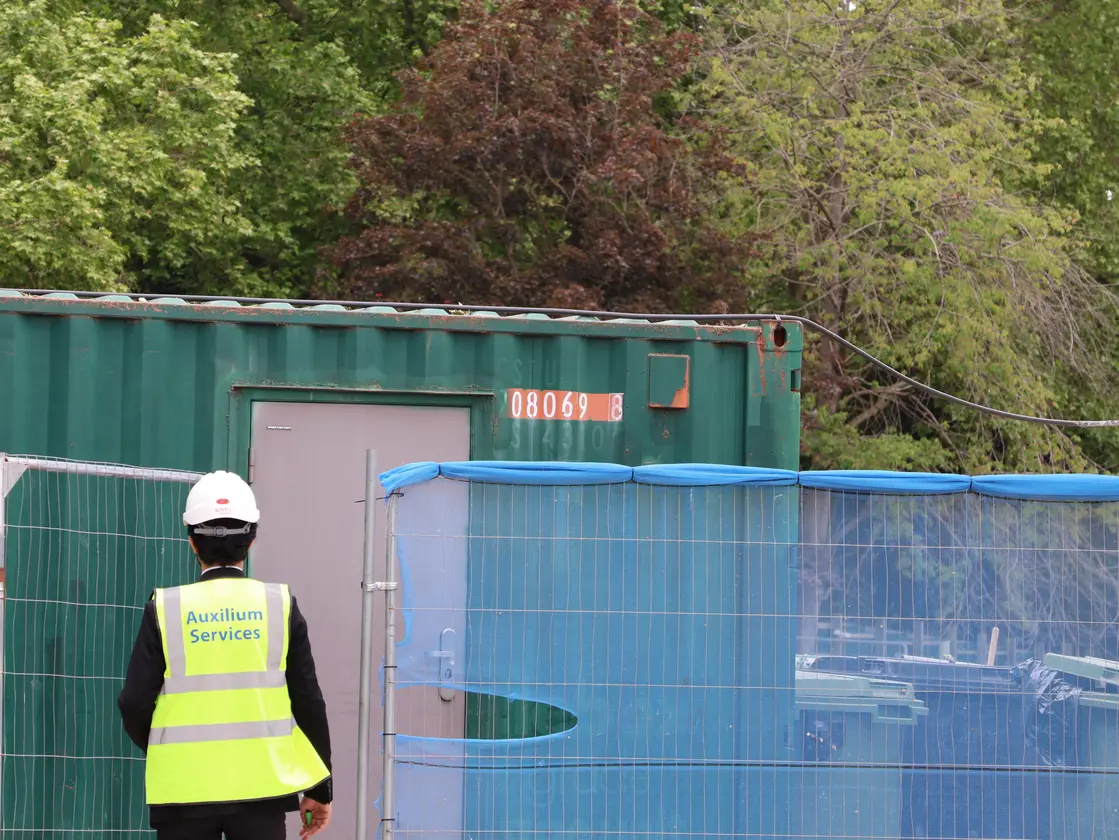

.webp)
